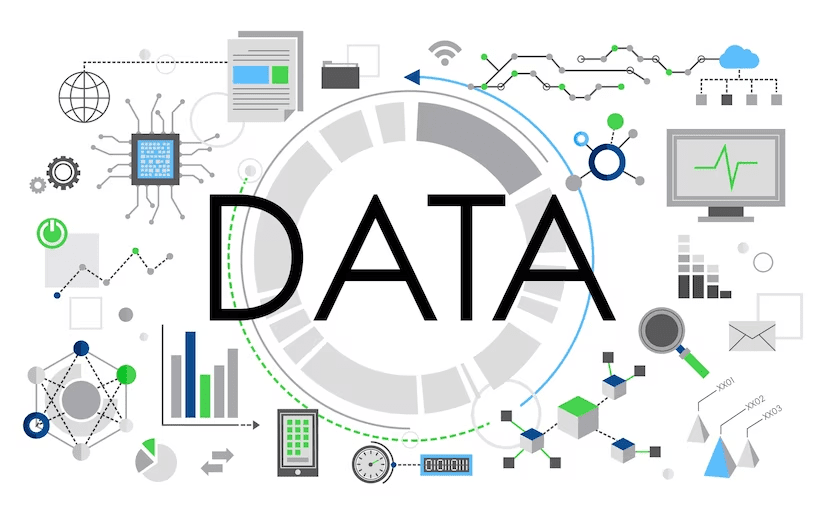
In the digital age, Big Data has become an increasingly important part of our lives and has significantly influenced how technology and society are shaping up for the future. Our ever-growing capacity to collect immense amounts of data via multiple sources such as research facilities, government programs, IoT devices, and mobile devices has enabled us to work smarter—everything from making smarter decisions to discovering new insights that help businesses stay competitive.
The power of big data analytics gives companies a distinct advantage when innovating products, predicting trends, or understanding customer behavior better than ever before. With this in mind, let’s explore how big data will shape the future of technology and society as we know it!
Defining Big Data and its Impact on the World
Big data refers to the vast amounts of information generated from various sources and collected for analysis. This data includes everything from social media updates and search engine queries to machine sensors and financial transactions. As technology continues to evolve, so does the amount of data being produced daily. The impact of big data is felt across all industries, from healthcare and finance to marketing and education.
With the ability to analyze and interpret large sets of data, companies can make more informed decisions, improve operations, and develop innovative products and services. The possibilities of big data are endless, and its impact on the world will only continue to grow.
Analyzing How Big Data is Used for Decision-Making in Businesses
In today’s fast-paced business environment, decision-makers are constantly looking for ways to gain a competitive edge. One approach that has gained popularity in recent years is using big data. By analyzing large amounts of data from various sources, businesses can gain insights that were unavailable earlier. These insights can inform decision-making in a variety of ways, from identifying new market opportunities to optimizing supply chain operations.
However, the sheer volume and complexity of big data can be overwhelming. That’s why businesses need to have skilled analysts and the right tools to sift through the data and extract meaningful insights. With the right approach, big data can be a powerful tool to inform decision-making and drive business success.
Examining the Benefits and Risks of Collecting & Processing Big Data
As the world becomes increasingly digitized, large amounts of data are being generated and collected at an unprecedented rate. Big data is often touted as a panacea for businesses, governments, and societies alike. However, as with any tool, it is important to consider its benefits in the context of the potential risks.
Collecting and processing big data can provide invaluable insights into consumer behavior and market trends and even help in fields like healthcare and scientific research. However, the risks associated with mass data collection, such as privacy breaches or abuse of power, must also be taken into account. Thus, it is important to weigh the potential benefits against these risks and proceed cautiously.
Impact of Big Data on Social Media and Online Advertising
Big data has undoubtedly changed how we approach online platforms, particularly in the realms of social media and online advertising. However, its impact isn’t limited to those areas alone. Big data has also had a significant effect on online gaming. Thanks to big data, the user experience of playing games like blackjack online is now more personalized and interactively engaging.
Big data analytics also helps the gaming industry improve their games, as game developers can access player behavior and previously unmanageable amounts of data. Big data will continue to revolutionize these industries, making the whole experience more immersive, personalized, and enjoyable for players.
Big data has had an immense impact on the way that businesses and organizations operate, as well as how individuals interact with each other and browse the internet. The technology behind big data is powerful and complex, offering numerous potential benefits but also raising multiple ethical questions regarding privacy and control of data. It has given rise to more informed decision-making in business operations and created opportunities for businesses to better engage with their customers online.
Likewise, it has radically changed the landscape of social media marketing & online advertising by providing advertisers with valuable insights into consumer behavior. Overall, big data can be a powerful tool for businesses to utilize if used responsibly; however, it must be combined with awareness & understanding of relevant ethical implications for successfully building relationships & trust between companies & their customers.








